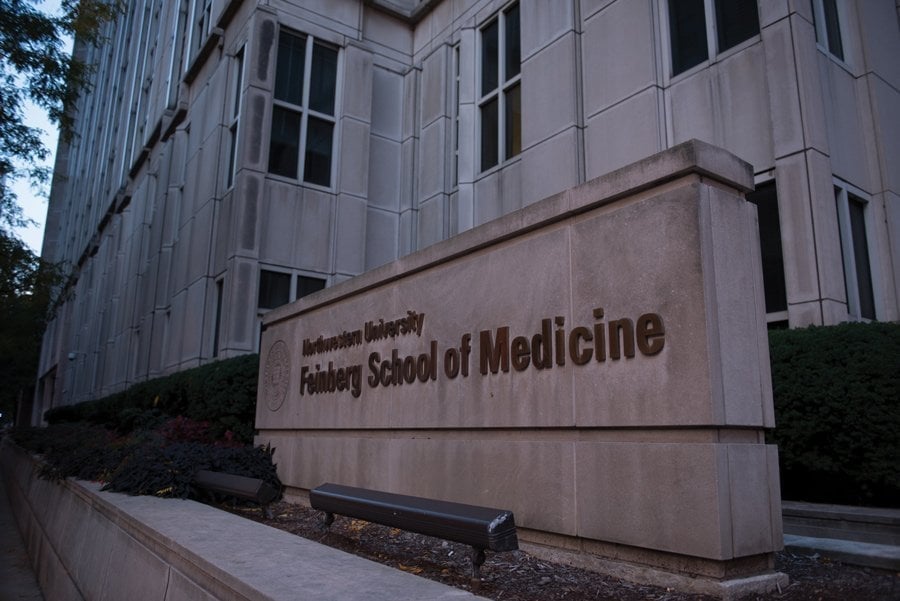Using machine learning to identify cancer risk from images is just one of the many projects the Institute for Artificial Intelligence in Medicine is working on, in collaboration with faculty and students from the McCormick School of Engineering and the Feinberg School of Medicine Department of Dermatology.
The institute, formerly known as the Institute for Augmented Intelligence in Medicine, was established in March 2020 to facilitate AI research in the field of medicine.
“The role of the institute is to bring together faculty and trainees and generate initiatives that are a benefit across departments, across centers, across schools,” said Feinberg Prof. Abel Kho, the institute’s director.
The chief of data operations Ngan MacDonald said the institute helps facilitate AI-enabled research across its centers, promotes the ethical use of data and emphasizes understanding the context of that data as research is conducted.
Feinberg Prof. Kelly Michelson, the institute’s chief ethics officer, said ethical concerns arise when inaccuracies in data lead to biased predictions and patients are identified through their data.
“Part of what the institute is doing is increasing that awareness, encouraging people who are developing these technologies to consider the ethical challenges both as they’re thinking about the technology, as they’re implementing the technology, and then as they’re assessing whether the technology is doing what they want it to do,” Michelson said.
Kho said the institute is also working on educational initiatives, such as the Northwestern Medicine Healthcare AI Forum. Created last year, the monthly events allow speakers to present the latest AI research and advancements to the public, he said.
MacDonald said the institute created the Health Data Gymnasium, a website featuring a curated list of datasets and a variety of informational resources. It was initially developed within the institute but is now open to the public and led by the Center for Medical Education in Digital Healthcare and Data Science, she said.
“We created this because when we were starting the institute, one of the things we saw is many people who work in this field either fell into it or have spent years trying to figure it out,” MacDonald said. “The Health Data Gym is a landing spot that helps to direct you to good uses of healthcare data, good data sets we’ve worked with.”
When the institute was founded, Kho said he initially tried to form relationships with the health system and institutions on NU’s Evanston campus.
Now, a few years later, the institute works with the Data Science and Artificial Intelligence Steering Committee, facilitating conversations about AI and data science within Feinberg, MacDonald said.
“Part of the mission for us is to be able to act as a general bridge across these different communities because we feel that AI is a team sport,” MacDonald said. “It requires a lot of different viewpoints into the work that we’re trying to do.”
Email: [email protected]
Related Stories:
— Northwestern Security and AI Lab continues to explore relationship between cybersecurity, AI
— Northwestern researchers help develop new brain-like transistor
— Feinberg lecture series highlights importance of bioethics






